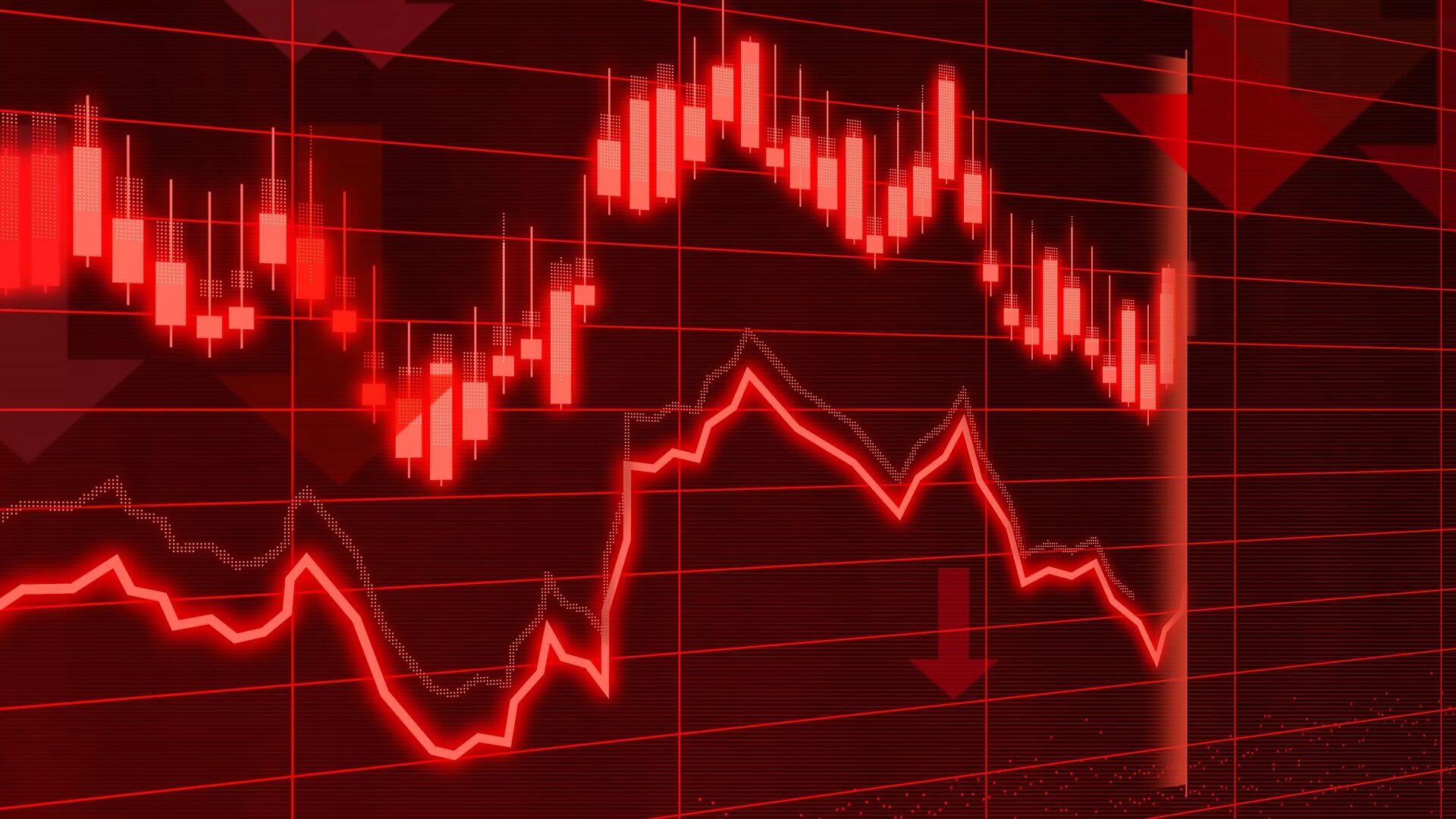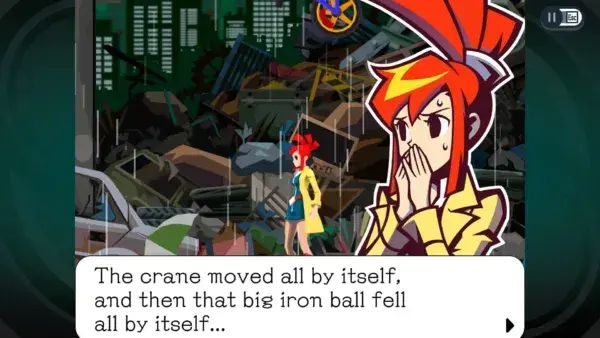
Games have long flourished in tough times, leading to suggestions that the industry is recession-proof. But can it weather the latest economic downturn?
In tough times, the video games industry has survived and even flourished, leading some analysts to label the sector ‘recession-proof’. Take the ongoing economic fallout from the global pandemic, for example: cinemas might be struggling, streaming companies are seeing subscriber growth slow, but the games industry keeps motoring on.
Historically, we’ve seen the games market defy gravity during other economic downturns. The common thinking is that, when a recession hits, people play games. They offer an escape from the turbulence of the real world, and in terms of cost to hours of entertainment, a second-hand copy of, say, The Witcher 3 is unbeatable value.
But if the equation is that simple, and the gaming industry flourishes in a downturn, why is EA letting go of 700 staff? Why are Disney and Meta significantly scaling back their Metaverse divisions, which are (to varying degrees) built on a foundation of gaming? History teaches us that there’s no single answer, and the reasons for the game sector’s seeming immunity to recession are more nuanced than you might think.
The early 1980s

The early 1980s games industry was dominated by news of the North American video game crash – a downturn that killed Atari, then the biggest game company in the world. Its fall was defined by the oft-told story of a reported 3.5 million unsold copies of E.T. consigned to a Nevada landfill.
Taken at face value, this might suggest that the games industry struggled along with the rest of the US economy in the first half of the decade, but this isn’t entirely true. Before the economic boost of Reaganomics, early-80s America was in recession, but in the same time period, video game console sales thrived. Cinema grosses and music sales declined, but video games sales spiked.
Read more: Exhuming E.T.: The Extra-Terrestrial
Ironically, it wasn’t until the US economy began to pick up that the bottom fell out of the US console market – a counter-intuitive trend that sparked the notion that the games market moves in ways that don’t always mirror economic reality.
It’s worth mentioning that when the North American crash happened, profits from American arcades didn’t fall as deeply, or as quickly. Instead, it was the console market that suffered – in particular the Atari 2600, which sank under a wave of rushed, low-quality games saturating the market. The crash was also a localised event; in Western Europe, the burgeoning home computer market thrived, while Nintendo’s dominance began in Japan with the launch of the Famicom (or the NES as it would become known elsewhere) in 1983.
The 1990s and 2000s

Throughout the 1980s, the games sector remained steadfast in the face of economic headwinds. But as we’ve seen more recently with the Dot-com and crypto crashes, any tech sector is vulnerable to internal forces. Then there are external factors to consider. In the 1990s, a huge spike in inflation – not unlike the one we’re experiencing in 2023 – sent the UK into recession. That recession spanned 1990 to 1993, but despite the lack of economic growth, UK game sales improved year on year, driven in large part by the arrival of the Sega Mega Drive and Super Nintendo.
The games industry matured rapidly through the 2000s, with many of the prerequisites falling into place for an indie explosion: easy-to-access tools, affordable, digital distribution, and a generation of coders who’d grown up with games and wanted to shape the medium to their own ends.
When the credit crunch of 2008 bit into all entertainment sectors, games bounced back, thanks in no small part to the explosion of the indie scene. The following year, as the country continued to grapple with austerity, the profits from the UK games industry outperformed those of the country’s film industry for the first time.
The present

Whether it’s down to timing or luck, the video game industry – especially in the UK – always seems to have had an answer in times of recession. What history proves, though, is that the answer has changed each time. The smaller, nimbler nature of the games sector has also made it faster to adapt to changing market forces in the past. But while the global industry boomed after the end of the pandemic and its lockdowns, profits and sales began to slip in 2022, leading to industry giants like Ubisoft cancelling several unannounced titles and EA letting hundreds of staff go.
In the UK and elsewhere in the world, the harsh economic climate shows no sign of abating. For the first time, there’s a possibility that the games industry may have become too unwieldy for another graceful pivot. The sector’s growing relationship with Big Tech only crystallises this problem: Meta and Google’s disastrously miscalculated foray into gaming merits an article of its own.
Likewise, if Microsoft or Sony’s other divisions are having a hard time, this affects their gaming division budgets, which in turn cascades down to the studios they own. That all goes without mentioning the ongoing homogenisation of triple-A game design, a process that mirrors 1950s Hollywood, an era in which studios’ monopoly led to risk-averse films and, in turn, a sharp decline in public interest.
The future

Credit: Warner Bros Pictures.
Can the industry pivot once more as it faces what could be a decade of stunted economic growth? Does it have, as it did in the past, the answer up its sleeve? At present, the PlayStation 5’s sales are lagging slightly behind those of the PS4’s at the same point in its own life-cycle, though sales are really beginning to pick up at the time of writing. The Xbox Series X/S is selling better than the Xbox One did when it hit month 25, but Microsoft has also seen revenues decline in the latest quarter.
The games market’s global market is still an expanding one – it’s predicted to head north of $200 billion this year – but investment has fallen and growth is thought to be slowing. Time will tell whether the industry can again weather the storm, or whether, like the Titanic, it’s become too big and unwieldy to avoid the icebergs on the horizon.





